
The approach to treating amblyopia in young children couples proprietary therapeutic software with virtual reality (VR) headsets and popular children's TV shows

The approach to treating amblyopia in young children couples proprietary therapeutic software with virtual reality (VR) headsets and popular children's TV shows

Researchers, led by Shigemi Matsuyama, PhD, will conduct research seeking a potential breakthrough drug that can be taken orally—one that may address many RP disease manifestations, regardless of the underlying genetic mutation.

AAV204 is a novel adeno-associated virus (AAV) capsid from the AIM capsid library licensed by Abeona from the University of North Carolina at Chapel Hill.

Ophthalmologists were able to remove the stinger after identifying its location during a slit lamp examination.
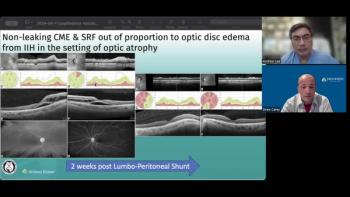
Andrew Lee, MD, and Andrew Carey, MD, sit down on another episode of the NeuroOp Guru to discuss nonleaking cystoid macular edema and subretinal fluid out of proportion to optic disc edema in idiopathic intracranial hypertension in the setting of optic atrophy.

The primary endpoint will be pain improvement as measured by visual analogue scale (VAS) compared to placebo.

A novel formulation may prevent blood vessel growth and vascular leakage in the retina.

The companies are teaming up to reduce care gaps and improve eye and vision health by bringing diabetic retinopathy and other eye disease screening services to patients in their own homes and workplaces.

A team of researchers at the Ohio State University found that in mice an enzyme related to cell growth and division is a culprit in the blood vessel invasion in the back of the eye that causes blurred central vision in wet AMD.

Ophthalmologist receives the Roger Steinert, MD, Legacy Award during the Octane Ophthalmology Tech Forum in Irvine, California.

According to the company, FYSX is the first non-pharmacological, non-surgical treatment designed to lower IOP for glaucoma patients.

Prescriptions with semaglutide (Wegovy, Ozempic, Novo Nordisk) are FDA approved to treat obesity and type 2 diabetes, respectively.

Chris Brittain, vice president, Global Head of Ophthalmology Product Development at Genentech, sat with Ophthalmology Times to discuss the company's plans with Susvimo following the FDA approval for relaunch.

The company announced it has received FDA approval to relaunch Susvimo for intravitreal use via an ocular implant for treating people with wet AMD.

NVK002 atropine 0.01% (Vyluma Inc.) “meaningfully slowed” myopia progression in myopic pediatric patients over a 36-month period.

Most respondents were unsure of how to seek treatment and see dry eye as something that must be learned to live with.

The company states this will enable movement toward US approval

The funding will go toward the continued clinical development of the company’s lead asset, AGTC-501 (laruparetigene zovaparvovec)
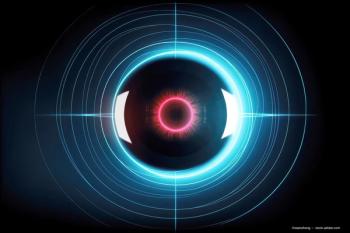
Technology offers increased usability, safety, and accuracy in MIGS procedures.
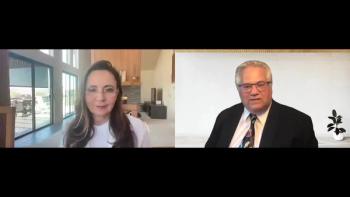
Ella Faktorovich, MD, sat with Ophthalmology Times to discuss an anti-inflammatory treatment protocol she has been using to treat recurrent erosions after corneal refractive surgery.

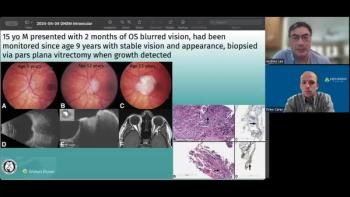
Andrew Lee, MD, and Andrew Carey, MD, sit down on another episode of the NeuroOp Guru to discuss a unique case of a 15-year-old who showed signs of meningioma with epithelial whirls and some psammoma bodies in the eye.

IKA Keratoconus Symposium and Controversies in Modern Eye Care shone brightly in May

Comanagement is a key component for treatment of disease.
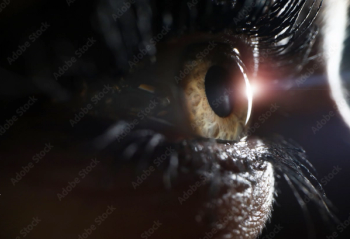
According to Genentech, faricimab-svoa is the first and only syringe prefilled with an FDA-approved bispecific antibody to treat retinal conditions that can cause blindness.

The SimVis Gekko eye dominance strength test may change the standard of care.

Durga Borkar, MD, MMCi, recently discussed the quality data (Qdata, Verana Health) gathered on geographic atrophy as well as the GATHER 1 and GATHER 2 data.

The deal included a total upfront consideration of $81 million, including a cash payment of approximately $65 million.
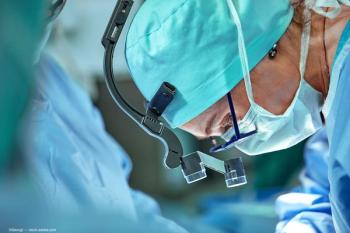
From amniotic membrane grafting to neurotization.

Apellis plans to seek re-examination, with a final opinion expected in fourth quarter of 2024.